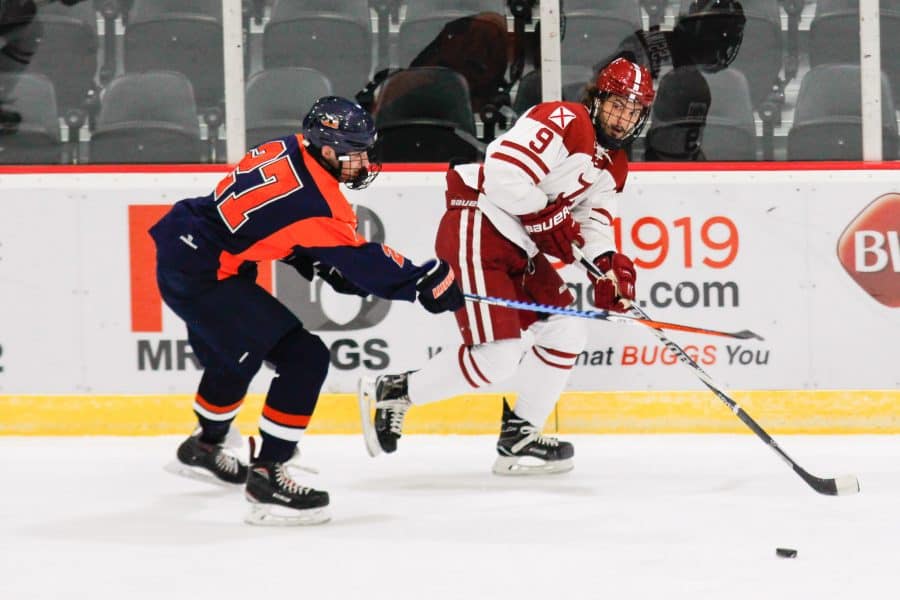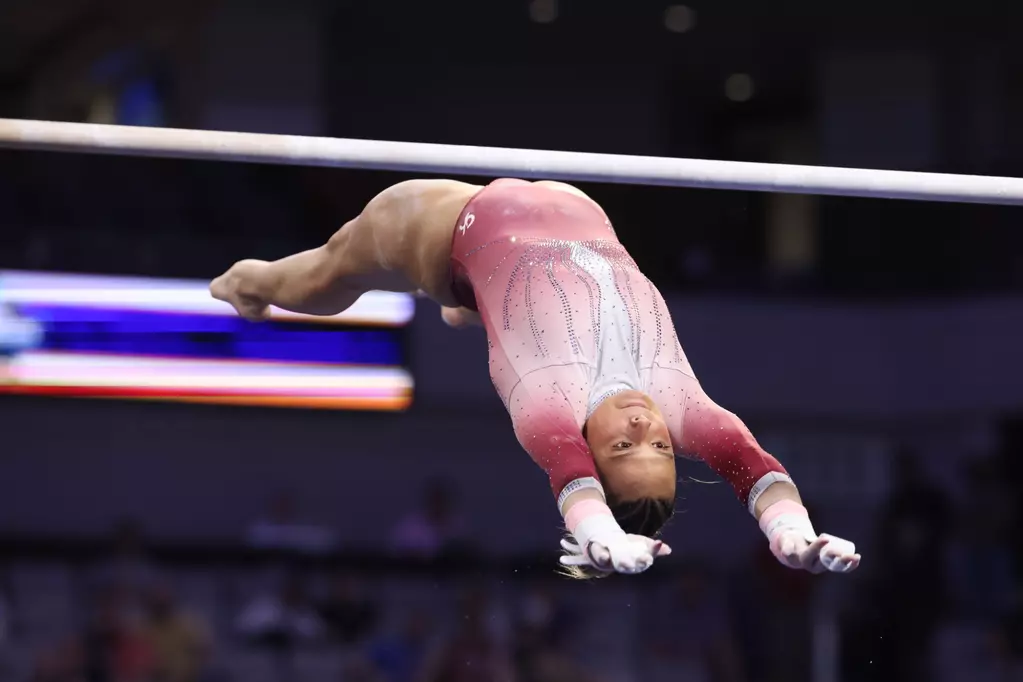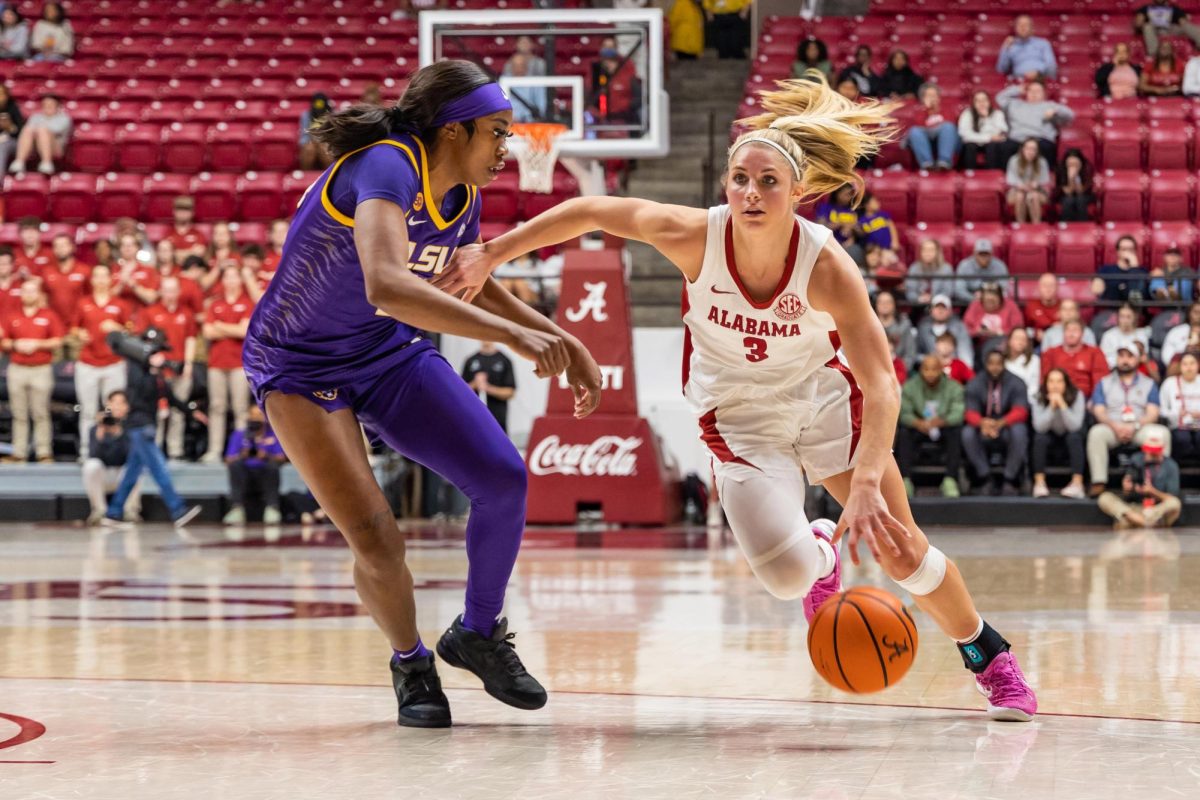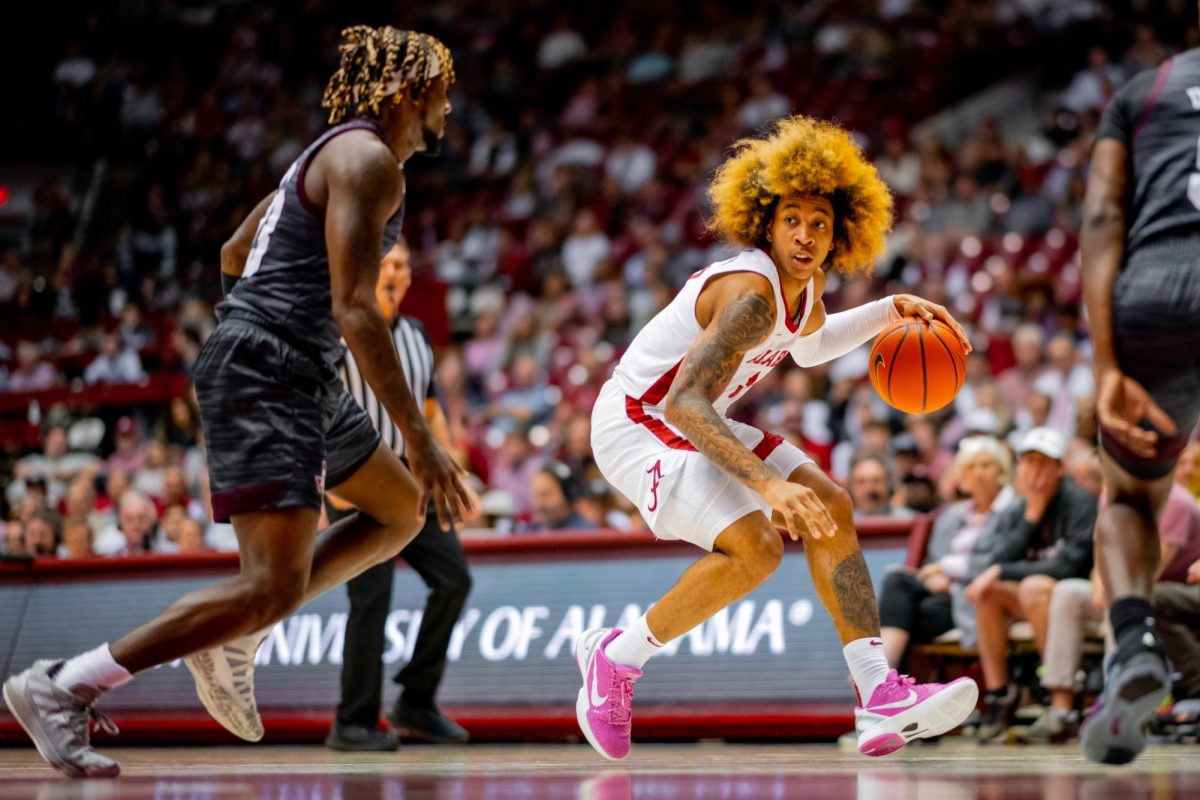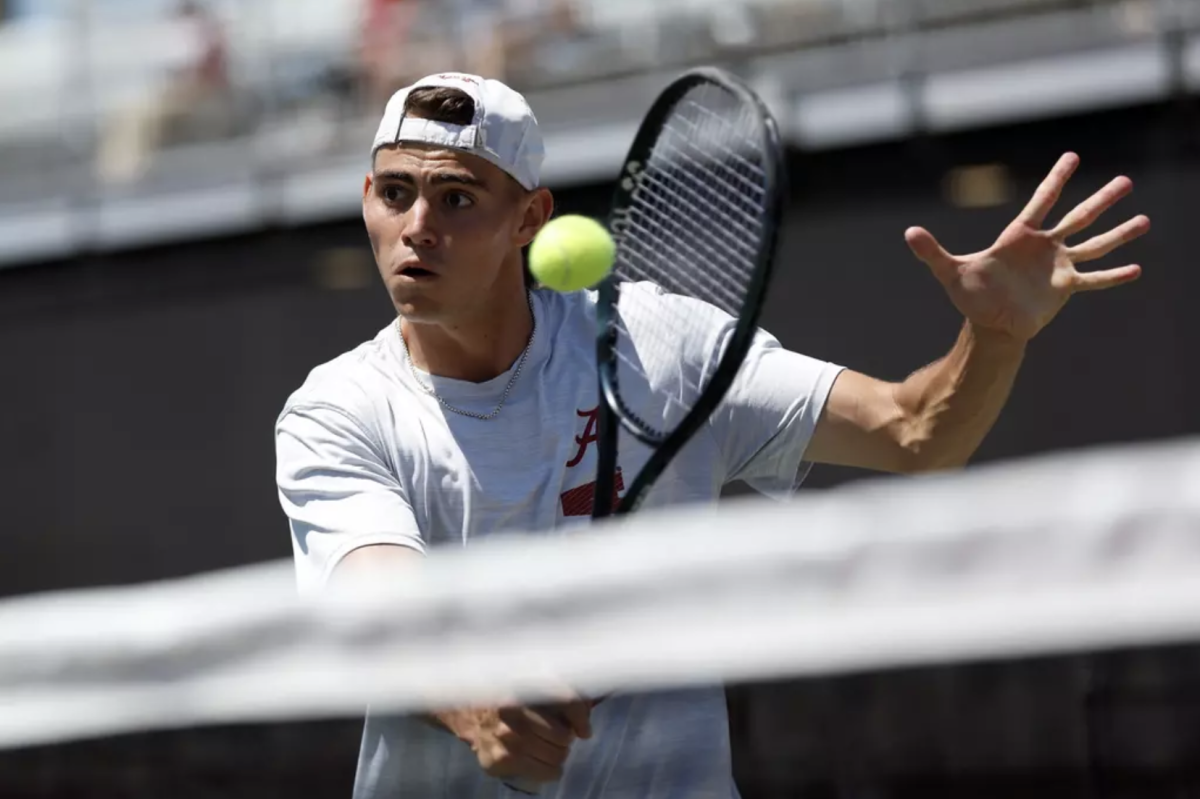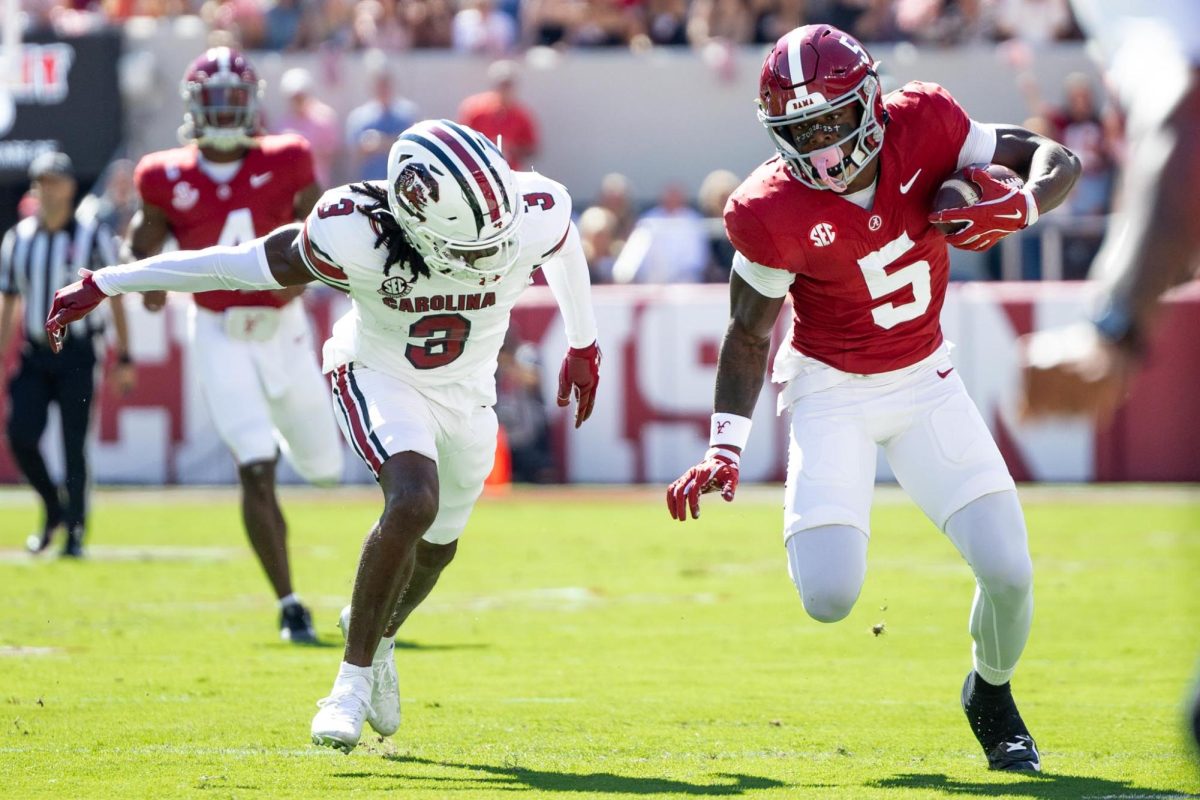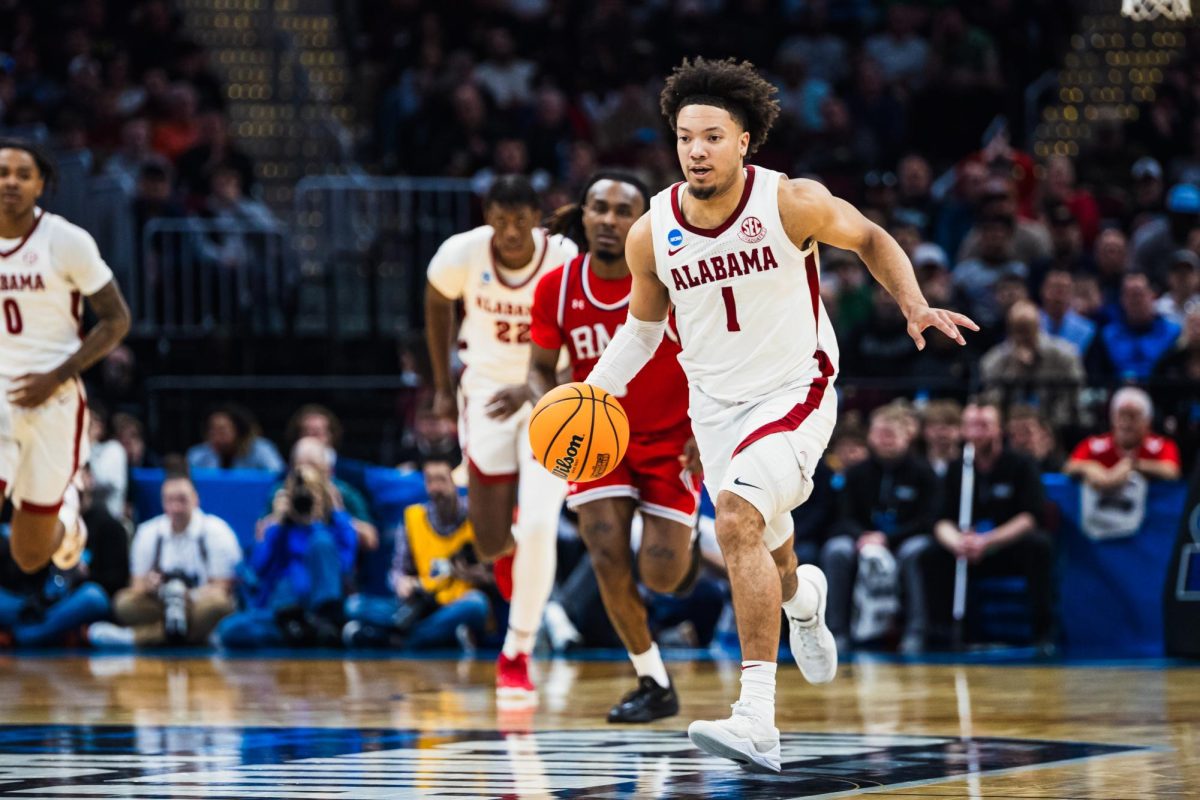One sneeze while sitting on his bed in his Tuscaloosa apartment changed the course of Sam Messina’s life forever on Sept. 21, 2016.
Messina, a senior advertising major and a forward for the club hockey team, had just returned home from eating lunch at Mugshots when the sneeze hit. Messina passed out; doctors told him that he had technically had a mini-stroke.
Messina’s girlfriend took him to DCH, where he said he sat in the emergency room for four hours. Doctors told him his brain was bleeding, and he was sent to Birmingham for further testing.
After doctors in Birmingham told him they could not do surgery on him because of the risk, he went home to Chicago to get a second opinion.
“I got lucky and I got into the University of Chicago for a second opinion,” Messina said. “One of the best neurologists out there, he looked at it and said he could take it out. He said he’s done it plenty of times before and he just gave me an option if I wanted surgery or not. He said if I did the surgery, I would not have to worry about it again.”
Messina had to drop out of college for a semester, and after multiple surgeries, doctors were able to remove a clot from his brain that caused him to have an arteriovenous malformation in the brain.
A brain arteriovenous malformation (AVM) is a tangle of abnormal blood vessels connecting arteries and veins in the brain.
The swelling in his brain impacted his vision, but other than that, doctors declared Messina was back to normal after he had his 27 staples removed from the back of his head this Halloween.
Nick Messina, a freshman marketing major, was a senior in high school when his elder brother had his health scare, but he figured out something was wrong when he saw his mom crying and decided to suddenly drive from home in Chicago to Tuscaloosa.
“I was shaken,” Nick Messina said. “I honestly didn’t know what to think. I was just praying a lot and hoping everything would be fine. That’s all I could do, really.”
Sam Messina returned to school after winter break and wanted to return to normalcy.
Alabama’s head coach, Kyle Richards, who was an assistant coach last year, said the immediate worry was never about Sam Messina’s hockey future.
“We were worried about him getting back and living a normal college kid’s life,” Richards said. “Hockey was the furthest thing in our minds. We wanted him to get back to do the things he did before the injury and if he could come back and play hockey, that would be a bonus. Just the way that kid fights, he was able to do that and more.”
Sam Messina was not sure if he would ever play hockey again, and he accepted that. He finally realized this would be his final year he would have a chance to play the sport he loves competitively, so he decided it was time for a comeback.
Sam Messina started to play hockey again in September, around the one-year anniversary of his health scare. Messina played in his first game Nov. 18, in a match against Rutgers.
Richards believes that Sam Messina’s personality helped him cope with the injury and that it is the main reason he has been able to return to the ice.
“It’s his love of hockey and really just his love of his life and doing what you love and doing it all out,” Richards said.
Nick Messina never expected to see his brother get back on the ice as quickly as he did. Since his brother was a senior, it was doubtful they would ever skate on the ice together. But in the first shift Sam Messina played, he got to go on the ice with his younger brother. Because of their age difference, their parents had never seen the brothers play hockey together either.
“Our parents didn’t know he was playing until 30 minutes before the game,” Nick Messina said. “They were happy for both of us. First shift he went out there, I was on his line. It was really cool and something I’ll never forget. That was the best moment this year. It was unbelievable.”
Team president Jon Lovorn was so thrilled to see Sam Messina at tryouts in early September, he ran up and gave him a hug on the ice. His absence was dearly felt on the team the prior season.
“It made the team atmosphere different,” Lovorn said. “I have played with Sam since I was a freshman. His charisma around the team made the atmosphere in the locker room a lot different. He’s usually very light-hearted and likes to joke around. He likes to keep the guys laughing before the game, likes to keep the guys focused and motivated before a big game or a big period where we are losing by a couple of goals. Definitely a big piece of our family was missing while he was away.”
Lovorn, a senior biology major, said clearing Sam Messina to play hockey was a major responsibility he took on. He talked to Sam Messina’s personal doctor and conferred with the University’s doctors to make sure that this health scare would not happen again.
Once he was cleared to play, Lovorn said there was no fear or limitation on what Sam Messina could do on the ice.
Messina wants to be treated normally and he knows the best way to achieve that is with how he plays.
“I don’t want to be looked at as a health risk, you know,” he said. “The best way to show people you are back to normal is to play as well as you can. You don’t want people to say, ‘He had surgery, that’s why he’s not playing well.’”
Richards does not believe that Messina felt sorry for himself because of his health scare; in fact Richards feels it has helped him grow as a person.
“That guy’s done some cool things since his injury,” Richards said. “Obviously you never wish that on anyone, but he’s kind of glad it happened, because it opened his eyes a little bit.”



